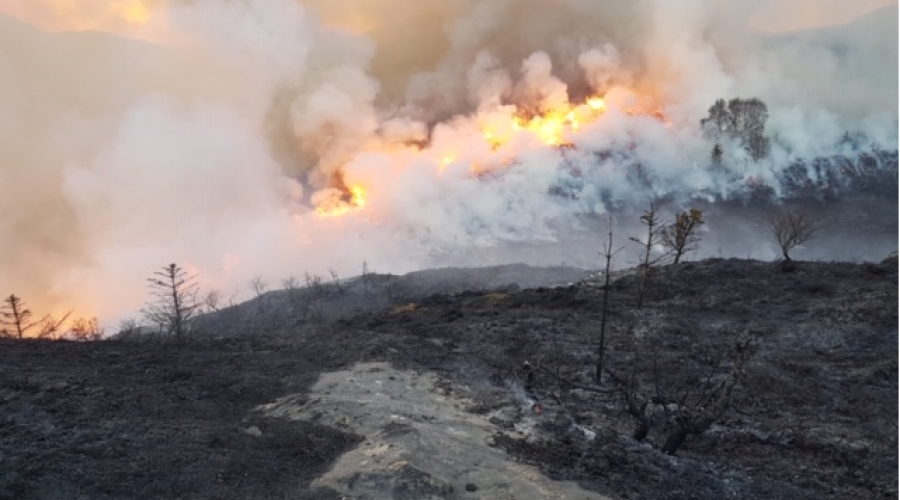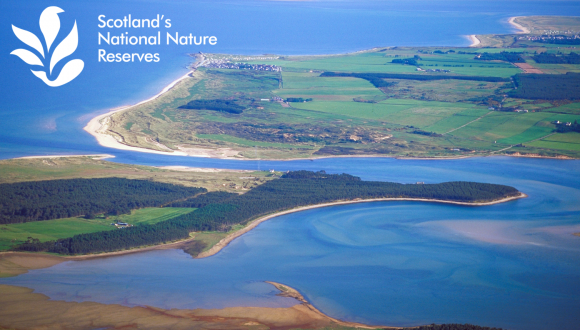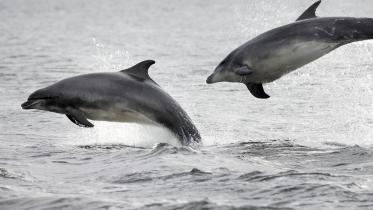
NatureScot warns of increased wildfire risk in North Scotland
6 May 2020
After one of the hottest Aprils on record and with weather forecasters predicting dry conditions to continue, NatureScot and the Scottish Fire and Rescue Service (SFRS) are warning of the increased risk of wildfire across most parts of the north of Scotland.
It’s now the time of year when the risk of wildfire is at its highest. There have already been incidents where local estate keepers and SFRS have been called in to help extinguish wildfires.
Although the muirburn season is now closed, fires may start from other causes. Sparks from garden bonfires, the use of sky lanterns or the casually cast aside cigarette butt when exercising outdoors, can all start unwanted fires.
NatureScot and SFRS are particularly keen to ensure both land managers and the public take extra care to avoid wildfires during these difficult Covid-19 times. Avoiding extra pressure on our stretched to the maximum emergency services, including SFRS, is crucial during the Coronavirus period, and those injured in fires may run the risk of limited availability of ambulance services and hospital beds.
Adam Rose, NatureScot’s Reserve Manager for Loch Fleet National Nature Reserve near Golspie said this week: “We are appealing to local communities and those planning on taking their daily recreation at Loch Fleet to be aware of the current high fire risk and help us to avoid fires. A fire at Loch Fleet would not only cause significant damage to the reserve’s nationally and internationally important habitats and species, but also potentially harm local residents and businesses that surround the reserve, as well as placing an unnecessary strain on emergency services.”
Station Commander Jason Gardiner, Sutherland District Manager with SFRS, added: “Many rural and remote communities are hugely impacted by wildfires which can cause significant environmental and economic damage. Livestock, farmland, wildlife, woodlands, moors and peatlands can all be devastated by fires - as can the lives of people living and working in rural communities. How people behave can significantly lower the chance of a wildfire starting, so it’s crucial everyone acts safely and responsibly in rural environments.”
The public can help prevent wildfires in the Highlands by making sure they dispose of litter and smoking materials carefully while in rural areas, as well as being particularly careful when burning garden waste. Advice can be found by visiting the Scottish Fire and Rescue Service website at www.firescotland.gov.uk.




